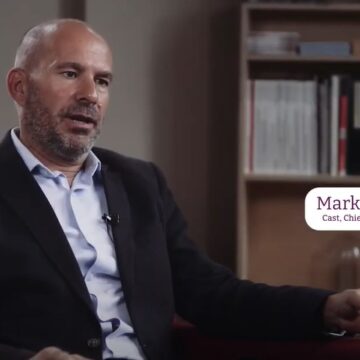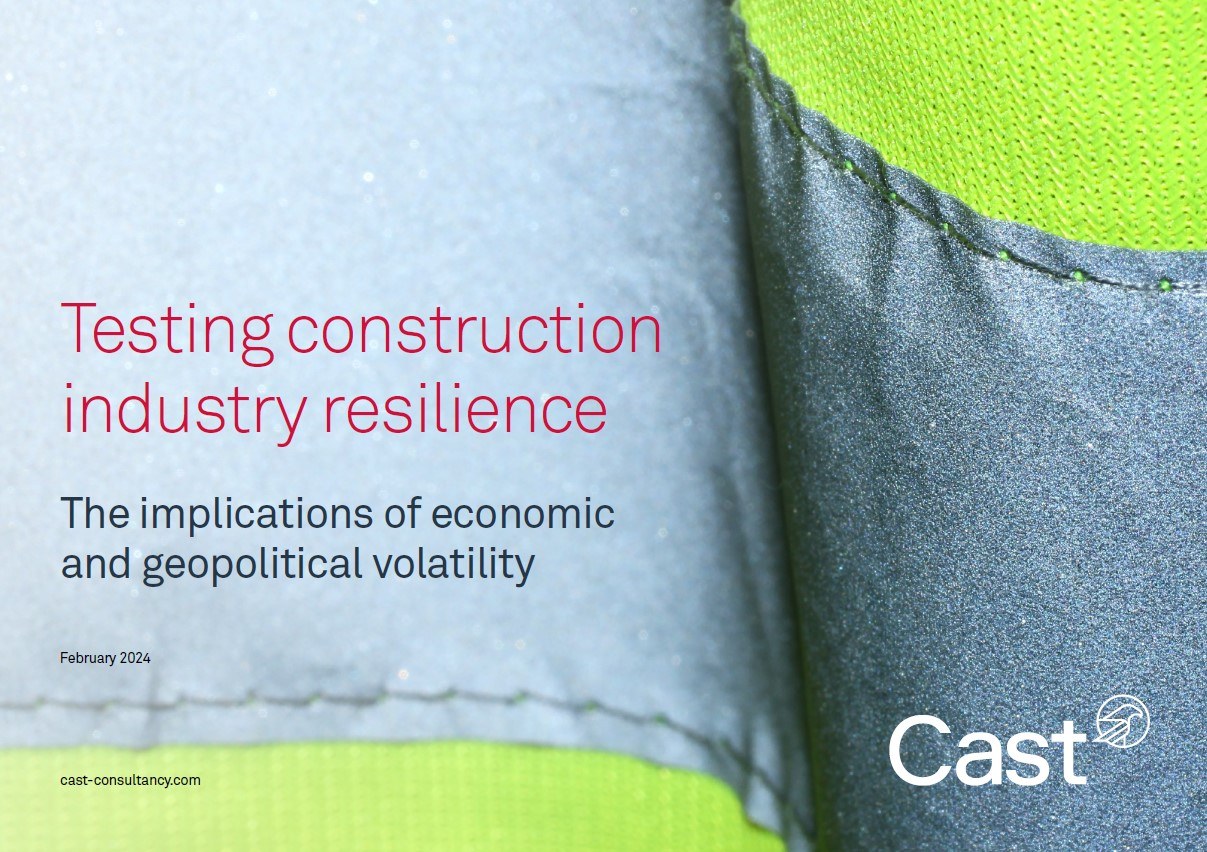Tottenham Hotspur was hoping to begin the 2018-19 season at its new £850m stadium in north London. Featuring one of the world’s first dividing, retractable grass pitches, it will enable the 61,000-seat arena to host not only the Premier League football club but also other sports and events such as rock concerts.
But despite an army of 3,800 workers that have at times been paid at a premium, the arena is already a month late, and may not be finished by Christmas. This is bumping up costs for Spurs, as the club is known, which has already taken a financial hit from transferring several games across the city to Wembley Stadium.
Spurs hope that the new stadium — and the revenues it will bring — will help vault the club into Europe’s football elite. But the team’s ambitious plans have fallen victim to the skills shortage in the UK construction industry, which is pushing up labour rates and causing delays and cost overruns.
Electricians on the site are being paid more than double the normal rate, at up to £400 a day, in a competitive race for workers with Crossrail, London’s new east-west railway line, which is also behind schedule and struggling to find labour.
“Both Tottenham and Crossrail are symptomatic of a wider construction industry malaise we are going through,” said Mark Farmer, a consultant who led a government review into the construction industry two years ago. “They have struggled to get sufficient labour on site because we just don’t have sufficient workers in London. It’s not just about numbers either, it’s about getting workers of a high enough calibre.”
In the second quarter of this year, “around one-third of UK contractors had difficulty recruiting workers and half had difficulty hiring electricians,” said Noble Francis, economics director at the Construction Products Association. He added that this percentage was likely to be higher in parts of the country where there is high demand such as London.
Spurs, the 11th richest club in the world in terms of revenues according to the consultancy Deloitte, has faced added difficulties because it opted for a contracting model where Mace, the construction company, was employed as project manager responsible for overall delivery but with no control over more than 100 contracts that the football club negotiated itself.
“It’s a way of keeping control and driving the initial price down but that has pushed more responsibility on to Spurs and the chickens have come home to roost,”
said Mr Farmer.
The stadium’s construction had been planned to a tight schedule with Mace gaining access to the site in May last year, giving it under two years to demolish the old structure and build the new one. This compares with three years at London’s Olympic stadium and Emirates Stadium, home to north London rivals Arsenal, and four years at Wembley, which was delayed because of legal disputes.
The most difficult work at Tottenham has been the installation of its glass roof, which includes 287 sections and 800 metal and acoustic panels that cover all but the pitch. It accounts for nearly half the labour time but work on it could not be started until the ring-shaped concrete and steel stadium had been completed last year. The roof is now almost entirely complete, as is the bowl of the arena, said one of the lead contractors on the site.
However, in August it emerged that there were problems with the building’s wiring, including the 950 special lights that help grow the grass on the pitch. Some of the wiring had to be ripped out and reinstalled, and Mace confirmed that its fire detection contractor found “higher than usual electrical wiring faults.”
Mr Farmer said that such issues often emerge at the most “labour intensive” periods of construction when it becomes more difficult to coordinate the multitude of contractors, subcontractors and sub-subcontractors that is standard on big projects in Britain’s construction industry.
Contracting in the construction industry, which involves multiple suppliers, has exacerbated the skills shortage because the risk is passed down the supply chain to subcontractors, which often have poor cash flow and low margins, leaving them willing to cut corners and reluctant to invest in employees, said Mr Francis.
“The industry has consistently failed to train enough workers and that has affected the availability of labour,” he added.
But most of the shortage is because of longer standing problems; the workforce is ageing and the industry was burnt by the financial crisis, when it lost 482,000 workers or 18.6 per cent of the workforce as projects were put on hold. There are still 257,000 fewer workers in UK construction than there were before the crisis, raising concerns that the government will struggle to deliver projects such as the HS2 high-speed railway and the new sewer under London, as well as planned improvements to the rail network.
The problems are expected to be exacerbated by Britain’s decision to leave the EU, though the CPA says there has been no exodus yet. There were 2.3m employed in construction in the last quarter, the same number as a year earlier, and 0.6 per cent more than just before the referendum two years ago.
However, some 27 per cent of construction workers in London are from the EU, compared to 9 per cent in the UK as a whole, according to the Office for National Statistics — though the official data tend to underestimate the proportion of EU workers as people from abroad often prefer not to be in official surveys, said the CPA.
Michael Dall, chief economist at Barbour ABI, the construction consultancy, said “rising labour and material costs were only adding to the existing pressure of wafer-thin margins” in the building industry.
The top 10 UK contractors made a combined loss of £53m in 2016-17, and the average profit margin was minus 0.5 per cent over the same period, despite four consecutive years of industry growth.
Back at Tottenham, Mace says it is protected from the financial consequences of the delays, but the club’s chairman, Daniel Levy, said the
“consequences of not being able to open our new stadium . . . been immense”. The delays have resulted in “substantial additional costs, not least of which the need for alternative venue hire, along with the inconvenience for our fans and those of our opposition”.
These costs include hiring Wembley for matches, paying workers over a longer period than planned and the impact of not achieving revenue increases from the new stadium.
Nevertheless, the club will be hoping that tens of millions of pounds in extra cash from ticket receipts and other match day sales at its new stadium, which will be one of the largest in the country, will help compensate for the cost overruns.
“We are facing many issues, but although disappointing, costly and frustrating, I am uncompromising in my determination to deliver something extraordinary to our fans,” said Mr Levy.










